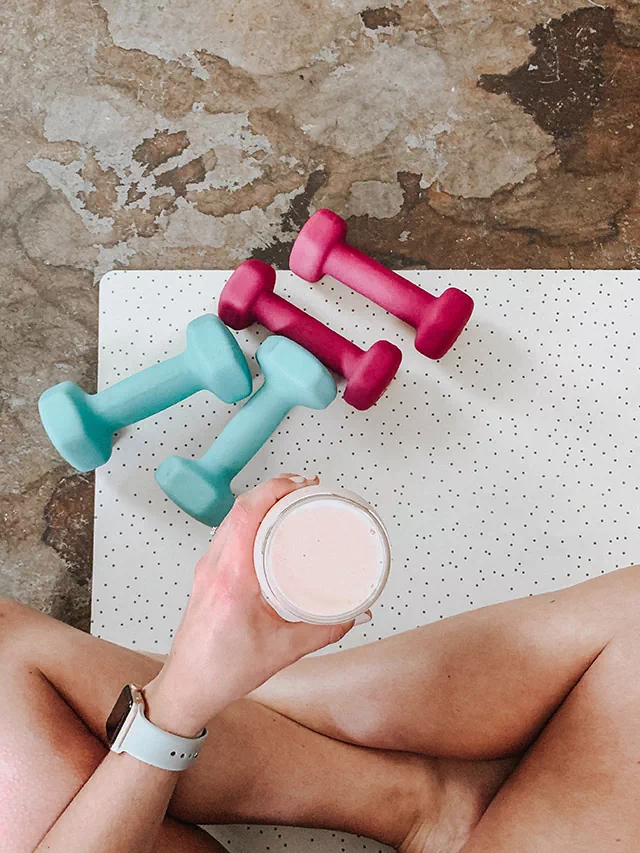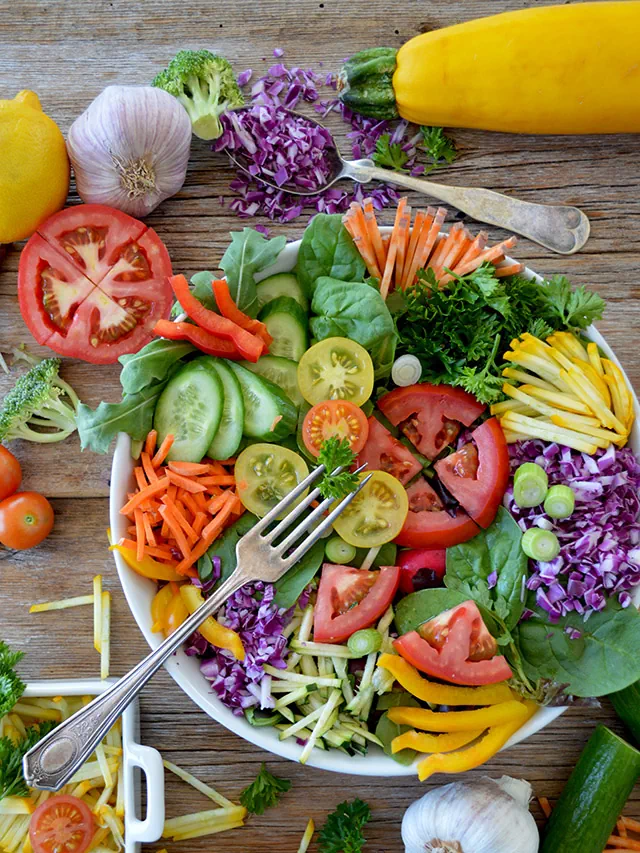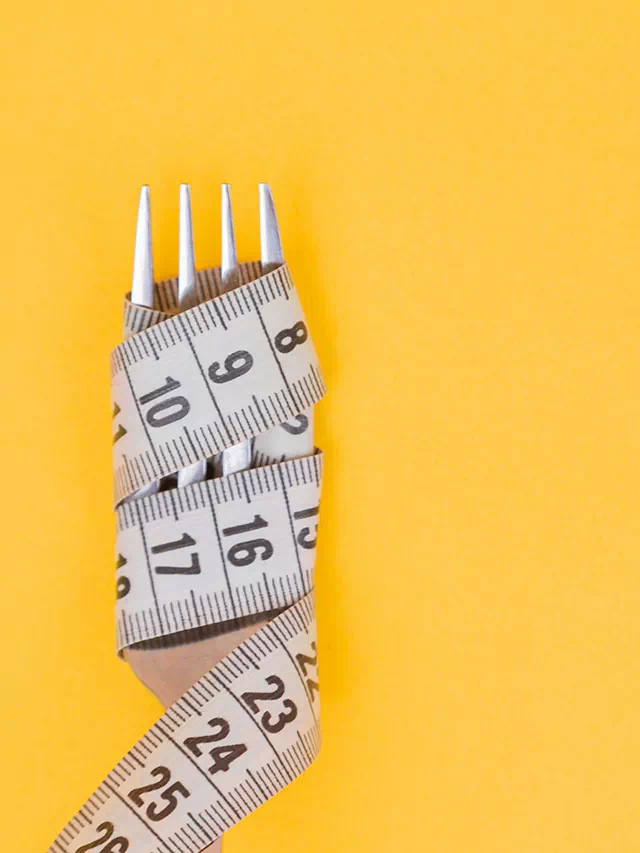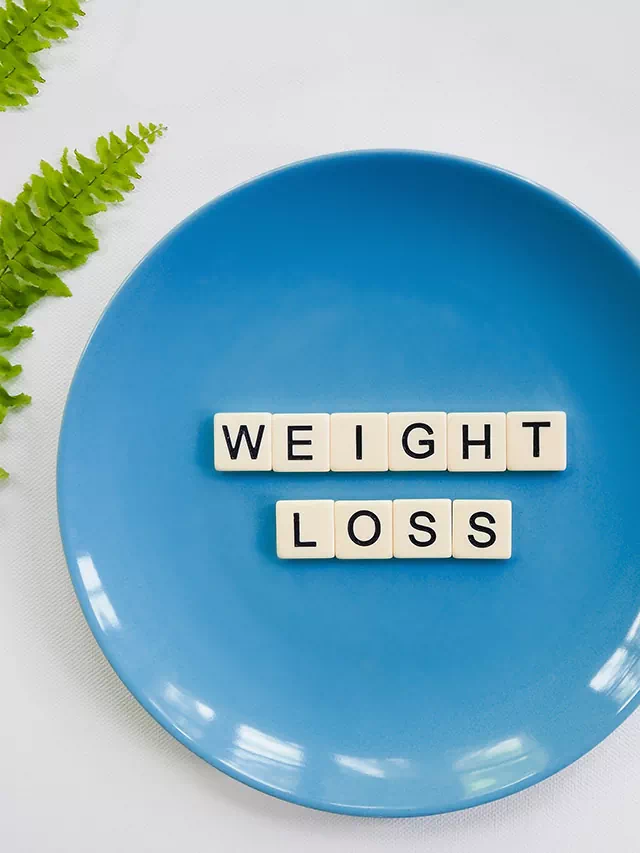Drinking water is an important part of maintaining a healthy weight and overall health. Drinking enough water can help you feel full, increase your metabolism, and flush out waste and toxins from your body. But, how much water should you drink to lose weight specifically?
There is no one-size-fits-all answer, as the amount of water you need to drink to lose weight depends on several factors such as your body weight, activity level, and the climate you live in. However, there are some general guidelines that can help you determine how much water you should drink.
According to the Institute of Medicine, women should aim to drink about 2.7 liters (91 ounces) of water per day, while men should aim for about 3.7 liters (125 ounces). This includes water from all sources, including water, tea, coffee, and other beverages.
If you are trying to lose weight, you may want to increase your water intake slightly. Drinking water before meals can help you feel full, which can reduce the amount of food you eat and lead to weight loss. Aim to drink at least 8 ounces of water before each meal.
In addition, staying hydrated can help increase your metabolism and boost your energy levels, which can help you stay active and exercise more. Aim to drink water throughout the day, rather than just at meals. You can carry a water bottle with you and take sips throughout the day to make sure you’re staying hydrated.
It’s important to remember that drinking water is just one piece of the weight loss puzzle. To achieve long-term weight loss, you need to adopt a healthy lifestyle that includes a balanced diet, regular exercise, and stress management techniques. Drinking water is a simple and effective way to support your weight loss efforts, but it is not a magic solution.
Another important factor to consider when trying to lose weight is the quality of the water you are drinking. Tap water can contain impurities and contaminants that can negatively impact your health and weight loss efforts. To ensure you are drinking pure and healthy water, you may want to invest in a water filtration system or drink bottled water.
In addition to drinking water, it’s also important to limit your intake of sugary drinks, such as soda and juice. These drinks are high in calories and can lead to weight gain if consumed in excess. Instead, opt for water, unsweetened tea, or coffee to stay hydrated.
It’s also important to keep track of your water intake. You can use a water bottle with measurement markings, or a hydration tracking app to help you monitor your progress and make sure you are meeting your daily water intake goals.
In addition to drinking water, there are also some foods that can help you stay hydrated. Foods high in water content, such as fruits and vegetables, can help you meet your daily water needs. Foods such as cucumbers, watermelon, strawberries, and spinach are all high in water content and can help you feel full and satisfied.
Finally, it’s important to listen to your body. If you feel thirsty, it’s a sign that you need to drink more water. If you are feeling fatigued or experiencing headaches, it could be a sign of dehydration. In these cases, make sure to drink plenty of water and replenish your body’s fluids.
In conclusion, drinking water is an important part of a healthy lifestyle, and can help support your weight loss efforts. The amount of water you need to drink to lose weight depends on several factors, but a general guideline is to aim for about 2.7 liters (91 ounces) for women and 3.7 liters (125 ounces) for men. Drinking water before meals, staying hydrated throughout the day, and adopting a healthy lifestyle can all help you achieve your weight loss goals.





